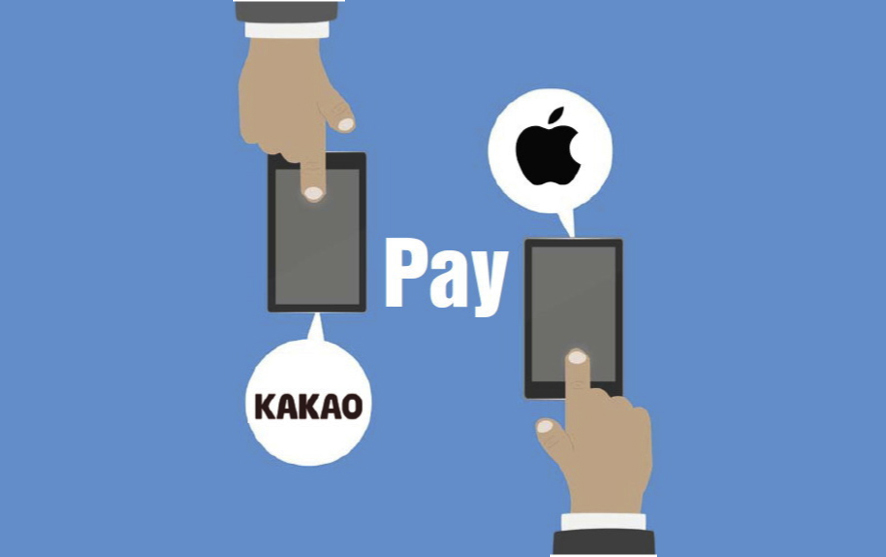Here is a quick recap of some noteworthy tech stories from last week.
- South Korean conglomerate groups are expected to have a huge decline in their operating profits this year due to flagship units struggling with the strong won and tough global competition. Furthermore, according to Chosun Ilbo, three out of ten conglomerate groups are planning to reduce the number of new hires in the second half of this year.
- In early September, Kakao launched Kakao Pay, which allows users to store their credit card information on smartphones and pay for goods online. Kakao is also planning to unveil its Bank Wallet Kakao service soon, which will allow users to transfer small sums of money through their bank account linked to Kakao. Typically, online transactions were difficult and complicated in South Korea. But with the introduction of its new mobile payment system, Kakao hopes to make it easier.
- Last Tuesday, Apple unveiled Apple Pay, which lets iPhone 6 users pay in stores by holding their phones at point-of-sales systems. Apple Pay is much simpler than Kakao Pay as it does not require any complicated security procedures such as authentication certificates, which bother local users. Still, several industry analysts report that it would not be easy for Apple’s mobile payment services to see much success in the Korean market due to the iPhone’s low penetration rates (around 6 percent) in Korea and Kakao’s first-mover advantage.
- Kakao said on Thursday that it plans to start its own local news services later this year. Kakao has been expanding ties with news providers to distribute their content through its new platform, and will start a test-run version of the application next week. It aims to start a full-fledged service by the end of the year.
- Shinhan Financial Group reported on September 19th that Kakao is expected to have the highest operating profits in Q3. Kakao is also expected to have operating profits of $54 million, showing a near 362% increase from the previous year’s report.
- According to ZDNet, several anonymous analysts have said that the new iPhones will positively affect sales of Korean conglomerates such as LG, SK, and Samsung, which provide various components to Apple’s new flagship devices. LG Group is likely to be the biggest benefactor, as its affiliates, LG Display and LG Innotek, will supply display panel and camera modules for Apple’s new phone. LG Display will also supply the AMOLED displays for the Apple Watch when it launches in 2015. The introduction of 128G iPhones will also increase shipment volumes from Korea’s memory chipmaker SK Hynix, which supplies Apple with its NAND flashes.







댓글 남기기